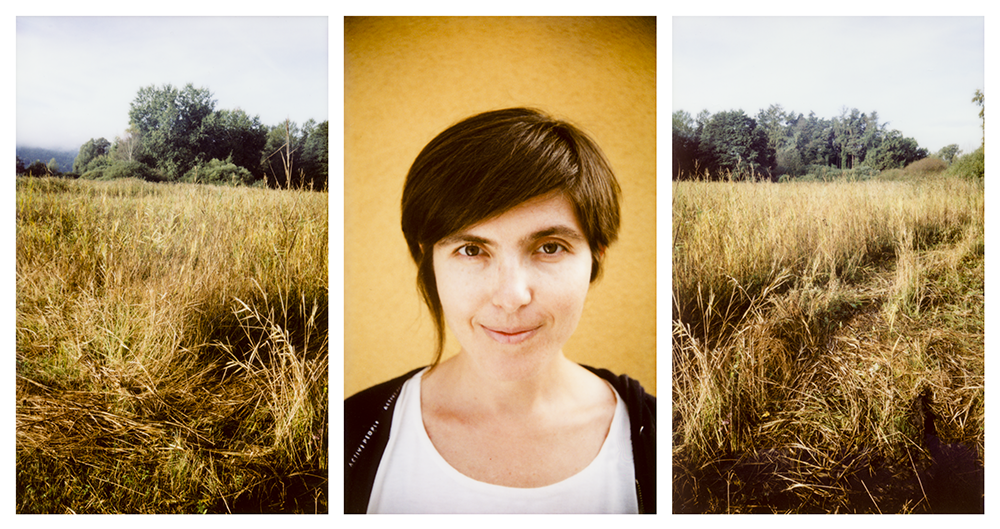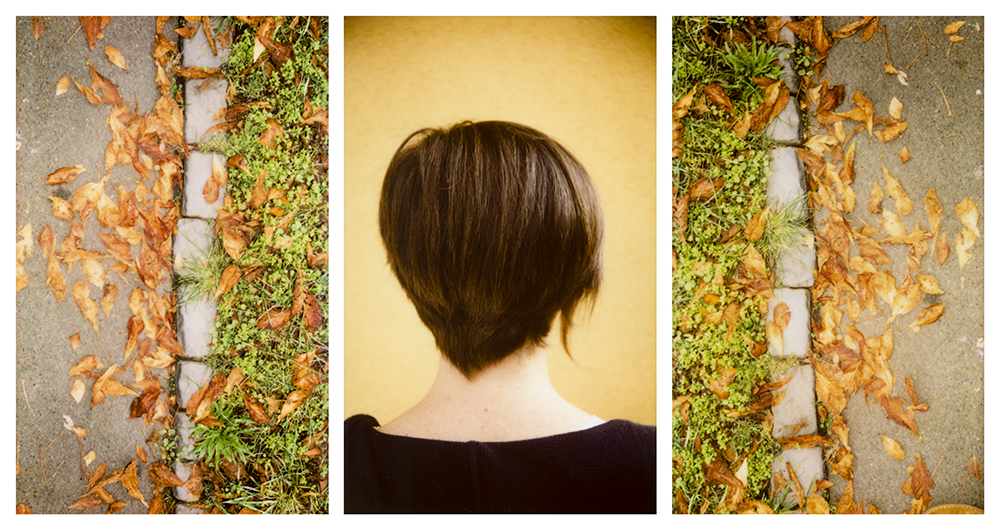
Vittoria Bandini
University of Bologna, Italy
I work at the University of Bologna. It is located in Northern Italy and is the most ancient university in Europe. The group I work with focuses on the exploitation of waste biomass – for example the stubbles left in the field after corn is harvested or the peels of tomatoes that are left after the tomato sauce is produced. The objective is to obtain both energy and material from this feedstock. This view is called ‘bio-refinery approach’.
Emilia Romagna is quite a rich region. Almost half of it is a big plain created by the Po River.
Is it enough to drop some water on grass to improve the energy you can extract?
We are evaluating PROGRASS for urban areas because our towns are quite green. There are a lot of parks. Our aim in the MUBIGEN project is to evaluate the feasibility of the PROGRASS approach within the waste management system of the town of Reggio Emilia. If applied, they would collect the grass cuttings of parks and roadsides and the gardening waste of private people.
At the beginning I had no idea what hydrothermal conditioning could mean. Then I came to visit the ‘Blue Conrad’ demonstration plant, which was in Mantova, Italy, at that time. When I saw it, I thought, “This is very simple in the end.” It is innovative but it is not a ‘new’ technology doing something very strange. This is a good thing, I think, because other technologies with involve high pressure and high temperatures up to 400°C. This makes the whole plant more complicated to be managed. The safety measures are much higher.
However, I thought, is it enough to drop some water on grass in order to improve the energy you can extract? Also, these briquettesyou produce, are made for burning. In my region, we have a lot of air pollution problems. So, burning biomass directly is not considered ‘well’ because of the particles. But with a few filters it should be fine.

In Emilia Romana, people notice that the climate is changing. They tell you: “Wow, I never saw the river so full in my whole life.” It is not only getting hotter, but we are getting very cold winters too. It is a bit more varying, with extremes. In general, energy is the main cause of climate change. We can’t go back, even if we stop using fossil fuels completely. Climate change will increase as we go on because CO2 is building up in the atmosphere. The only real option is to use less energy and to use renewable energy.
Biomass, as it is used in the IFBB process, is renewable because it is continuously renovated. So, even if you burn the biomass, you don’t account for that CO2 as climate impacting because that CO2 was in the atmosphere just last year when it was captured by the plant. It is in the cycle already.
I want to study the interactions between human activities and the environment.
Everyone is saying that wind and sun change over the day and you cannot plan them. So you need something that is storable and that you can use when needed. Biomass can help in that way. Not grass as such, because that will degrade, but if you put it into bales or you make briquettes, you obtain energy that can be stored. It can compensate the moments when sun and wind are not producing enough.
In Italy, it is a very complicated matter. There is a lot of information but ‘normal people’, people who are not involved in science, do not trust the information they get. They are often afraid. For example, they are given the information that a biomass plant will be a benefit for nature and climate. But they suspect they are told so just because the investor wants to earn money out of that. I see a lot of mistrust. There is a lot of ‘information’ but maybe there should be some help in understanding and applying it. Of course, if I get an environmental education course from the company, which is producing energy for my town, I cannot believe they are telling me the absolute truth.
When I started studying Natural Science, it was because I wanted to understand how all the environmental aspects work, not just nature. I wanted to study pollution prevention, the management of waste – so, the interactions between the human activities and the environment. When my work can contribute to reducing the impacts on the environment, I am happy. When I have to get money from private companies, then sometimes it is not so clear anymore. To make the environment a little better, or a little less suffering, would be my aim while to improve the earnings of a company is absolutely out of my interest.